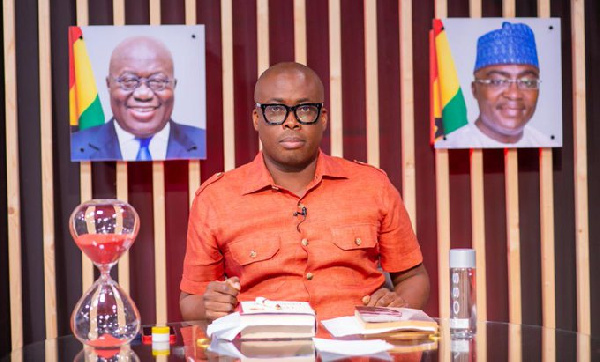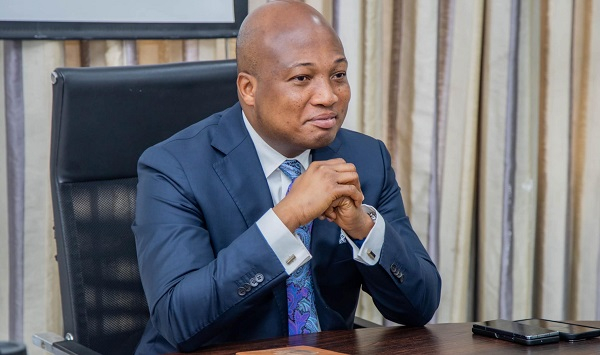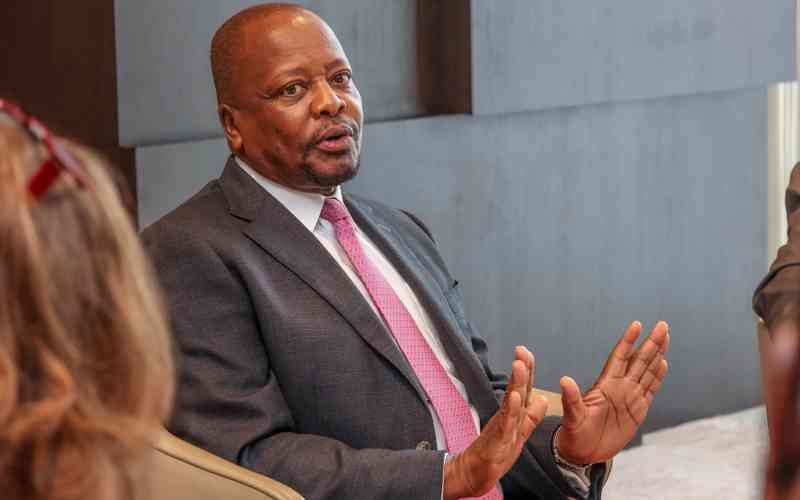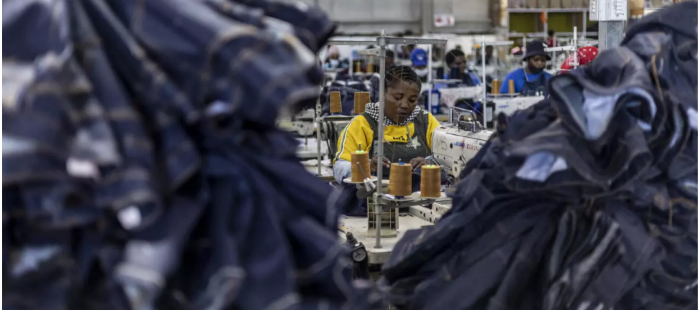The right to vote for prisoners in SADC - AfricanLII
Picture Credit: © Centre for Human Rights Education, Advice and Assistance, Malawi
The treatment of prisoners in any country reflects its level of democracy and commitment to the rule of law. However, many citizens are often unaware of the conditions in their nation’s prisons. Prisoners depend on parliamentary oversight to ensure their rights are upheld. Unfortunately, many issues go unnoticed in this process, highlighting the need for improved prison oversight and a better understanding of the connection between prison conditions and a country’s democratic values.
When a person is incarcerated, they lose their right to liberty and freedom of movement, which constitutes their punishment. However, prisoners retain all their other constitutional rights, including voting rights. The SADC Principles and Guidelines Governing Democratic Elections state the need for “an environment of open contest with no undue exclusion and restrictions on anyone to vote”.
Among the 16 Southern African Development Community (SADC) countries, 13 explicitly guarantee the right to universal suffrage in their Constitution. Limitations on the right to vote primarily concern individuals convicted of electoral-related offences. However, some SADC countries impose additional restrictions: four limit voting rights for individuals sentenced to death, while three others restrict voting for those with a history of “criminality,” those in “lawful custody,” and those serving life sentences, respectively. Unfortunately, in countries with specific limitations on the right to vote, it is common practice — contrary to international law — for all imprisoned individuals to be denied voting rights, including those who have not been convicted of any offence.
Very few countries ensure prisoners can register to vote, receive voter education, and participate in elections. For instance, during South Africa’s national and provincial elections in 2019, less than 10% of prisoners were registered to vote. In contrast, Zambia achieved nearly 100% voter registration for its national elections 2021. In both countries, prisoners had to approach the courts to secure their voting rights.
In Zimbabwe, courts have confirmed that prisoners have the right to vote; however, in practice, they face restrictions due to the requirement to physically register in their area of residence. Yet, there is no reason why a prison should not be considered a place of residence for voter registration purposes. On the other hand, Malawi’s court ruled in 1999 that prisoners are entitled to vote. Since then, prisoners have been able to receive voter education and participate in elections.
Administrative challenges in obtaining identity documents hinder prisoners’ ability to register for elections. It is essential to assist them well before an election to secure the necessary identity documents and voter registration certificates. Additionally, rigid administrative requirements, such as transferring to a different voting district, can disenfranchise prisoners.
The SADC Parliamentary Forum (SADC PF) has included in its terms of reference for election observer missions the assessment of whether provisions are made for imprisoned individuals to vote. Similarly, the SADC Election Observer Mission noted that prisoners were allowed to cast their votes in Namibia’s 2021 election. However, observations regarding the ability of prisoners to exercise their right to vote are not automatically addressed by election observer missions. These missions rarely investigate further to identify measures that expand or restrict prisoners’ voting rights.
The right to vote is essential for a functioning democracy and individual dignity, as well as freedom of expression. Wrongfully denying the right to vote to individuals imprisoned by the State tarnishes a nation’s democratic integrity.
Anneke Meerkotter, Executive Director, Southern Africa Litigation Centre








